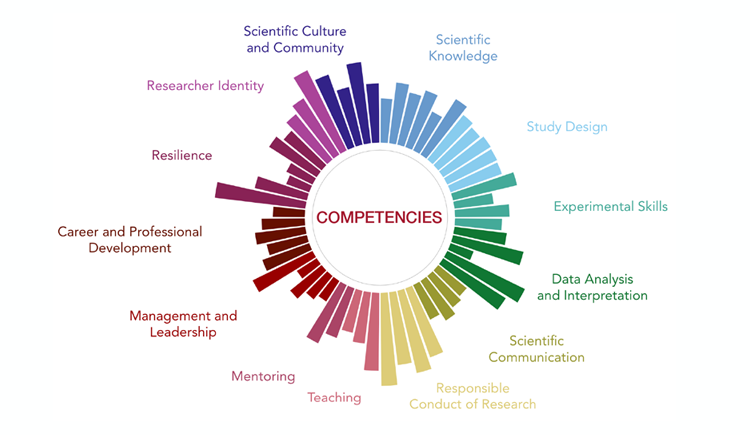
As the biomedical landscape evolves, the need for training programs grounded in research rigor, reproducibility, and responsibility becomes increasingly vital. A new study published in PLOS Biology, developed as part of the Harvard Medical School Research Rigor, Reproducibility and Responsibility (R3) initiative, presents a flexible, competency-based framework designed to strengthen graduate and postdoctoral education in the life sciences. By clearly defining core skills and aligning program objectives, curricula, and mentoring expectations, the framework aims to foster a culture of scientific excellence and professional development.
For trainees, it offers practical tools to identify, track, and reflect on skill development, supporting self-directed growth. For mentors, it provides a structured roadmap to guide and assess the advancement of research and professional competencies vital for scientific careers. At the program and institutional levels, it encourages adaptability, transparency, and data-driven strategies to better prepare trainees for diverse career paths.
A preprint from the same team puts this framework into action by mapping the predoctoral curriculum onto identified competencies. By systematically analyzing curriculum data, the team was able to assess trainee skill development, evaluate program strengths, and identify opportunities to enrich training in alignment with evolving scientific demands.
Together, these efforts exemplify a commitment to continuous improvement and the broader R3 mission, ensuring the next generation of scientists are prepared not only as researchers, but as responsible and adaptable leaders in the life sciences.